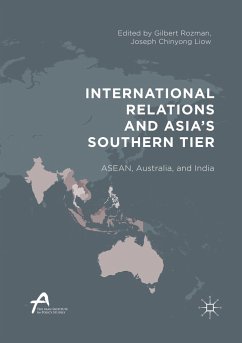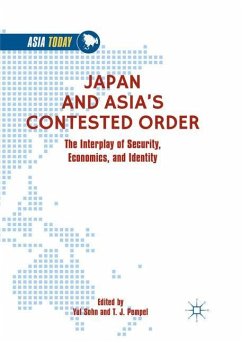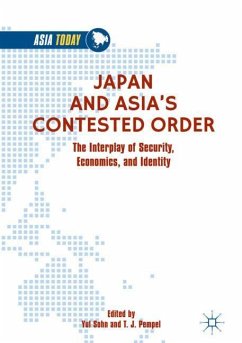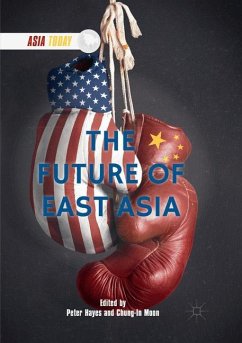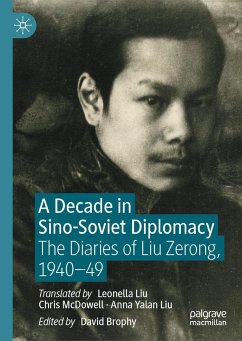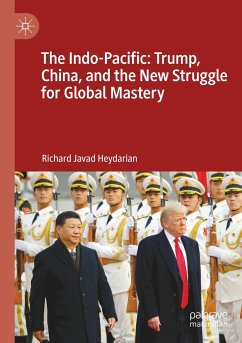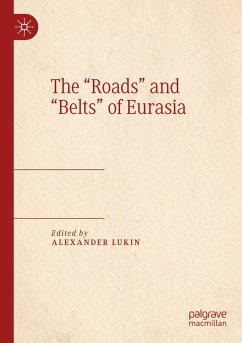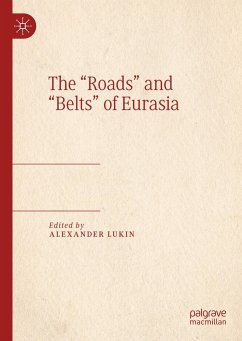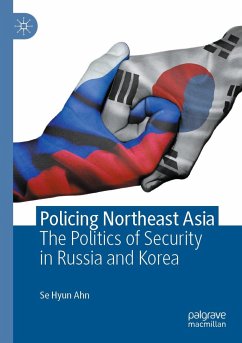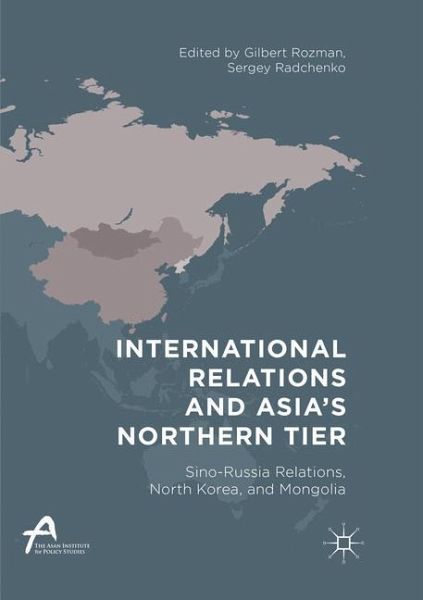
International Relations and Asia's Northern Tier
Sino-Russia Relations, North Korea, and Mongolia
Herausgegeben: Rozman, Gilbert; Radchenko, Sergey
Versandkostenfrei!
Versandfertig in 6-10 Tagen
129,99 €
inkl. MwSt.

PAYBACK Punkte
65 °P sammeln!
In this new book, noted scholars of Northeast Asia contribute new views on the future of the region. Collecting essays from experts of all 4 countries and their interconnected histories and political orders, the book helps to contextualize the future development of the region in the context of a US "Pivot to Asia." The four countries on the northern fringe of Asia went their separate ways after the end of the Cold War, but strengthening Sino-Russian relations and what may be the looming endgame in North Korea's strategy of threats and isolation are signs that we now need to think about this ar...
In this new book, noted scholars of Northeast Asia contribute new views on the future of the region. Collecting essays from experts of all 4 countries and their interconnected histories and political orders, the book helps to contextualize the future development of the region in the context of a US "Pivot to Asia." The four countries on the northern fringe of Asia went their separate ways after the end of the Cold War, but strengthening Sino-Russian relations and what may be the looming endgame in North Korea's strategy of threats and isolation are signs that we now need to think about this area also through its connections. Looking back to what existed in an earlier incarnation of the Northern Tier and focusing on Chinese and Russian views of North Korea, we are able to explore the implications of increasingly close Sino-Russian relations. The book will be of great value to scholars, policymakers, and all passionate about exploring what's next for Russia and China's relationship.





